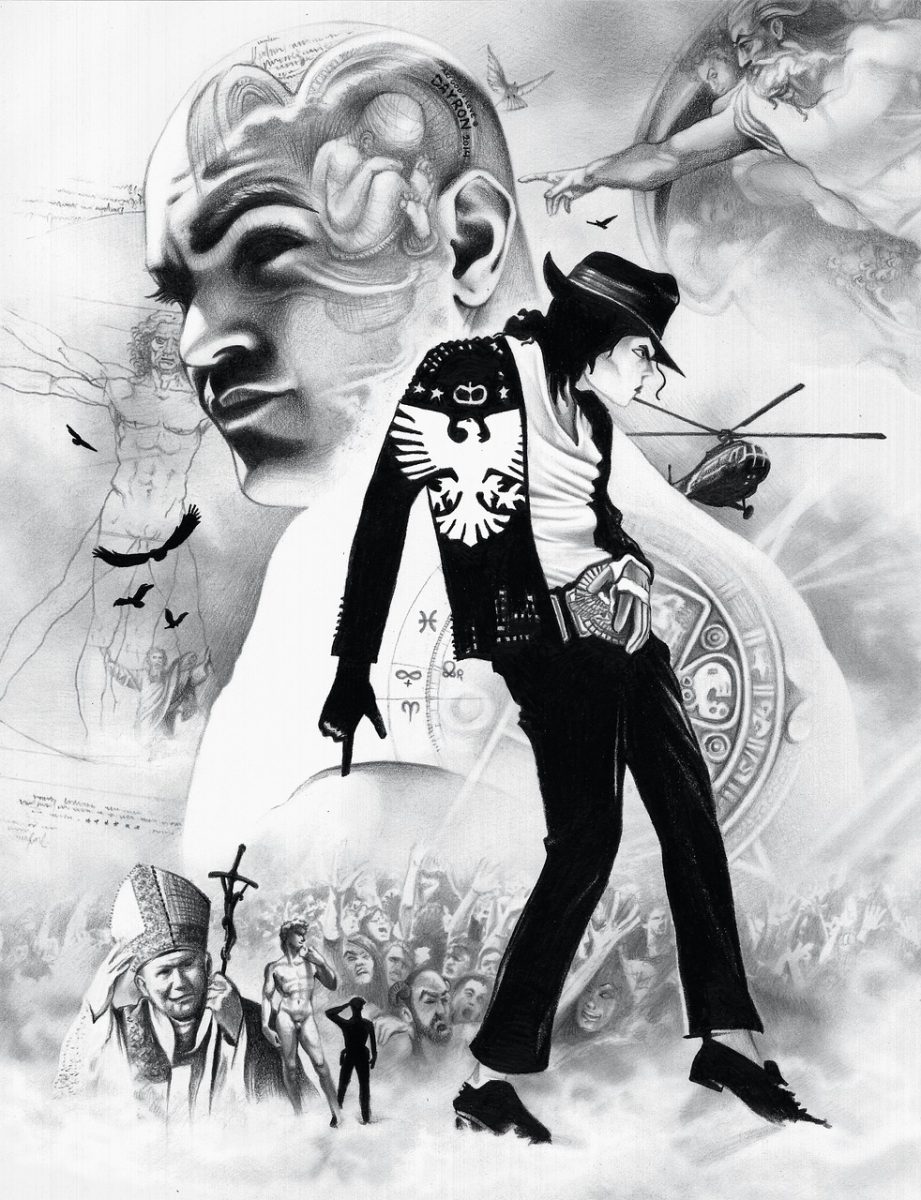Celebrity worship of artists is as American as Elvis Presley. Yet, more and more favorite artists are found to be monsters. For example, the story of R. Kelly, one of the most notorious pedophiles in the music industry.
When asked about the morality of listening to Kelly’s music by the Guardian, Rolling Stones music critic and R. Kelly investigator Jim De Rogatis believes, “Ninety-eight percent of the time, I think we can separate the art and the artists. But then there are certain cases we cannot. I think Kelly is one of them because his art is about misdeeds.”
After losing a billion-dollar brand deal with Adidas due to anti-Semitic tweets, Kanye West is now making a comeback, touring Beijing, permeating chants of slander against his former employers. “Don’t feel guilty for listening to ‘Graduation’ or ‘The Life of Pablo,’ just understand that while West has created beautiful music, his actions are unjustified and unacceptable,” according to the Blueprint.
As Kanye rants against Adidas in China and R. Kelly and Sean Combs rot in cells, one must ask: can we separate the art from the artist?
Hip-hop is the new rock and roll for today’s youth, and I am guilty of listening to artists such as Kanye. “Everyone has done their bad things, but celebrities are just on a higher platform; they have higher consequences,” explains CCHS student Grady O’Brien ‘25.
Regarding West’s controversial statements, O’Brien had a more sympathetic viewpoint on the artist: “West’s views must be put in context with his battles with bipolar disorder, though not an excuse, and it could still be a reason for his actions.” I then asked him if he had any issues separating the art from the artist. “It is not morally right to listen to music, as in the case of Sean Combs to R. Kelly, if artists use their influence to hurt other people, yet art will always outweigh the artist’s failings due to its popularity with people,” according to O’Brien.
I asked Ms. Swift for her perspective due to her leadership role as director of music at CCHS. Ms. Swift tackled a philosophical angle in answering this question: “It is about the messaging, and if it is having a negative impact, then you cannot separate the art from the artist.” In a concluding statement to our interview, Ms. Swift felt that “however controversial or dramatic an artist’s life is, what they ultimately say with their art is key to determining if the art is worthy of evaluation at all.”
The final word came from my third interview subject, English teacher Mr. Werstler. “The answer lies always in emotional connection,” according to Werstler. When asked to elaborate on this, he stated, “Do you care more for the art or the artist? If you feel strongly about one or the other, that is how you will answer the question of separating art from the artist.”
All in all, the individual decides to draw the lines of separation between an artist and his work. When such lines get blurred, the decision is easier said than done in today’s modern world.























































Emily Kovarik • Oct 28, 2024 at 11:58 AM
This article does a great job of exploring the complex question of whether we can separate art from the artist. It highlights the importance of personal choice and reflection, encouraging readers to consider their own values when enjoying the art they love.